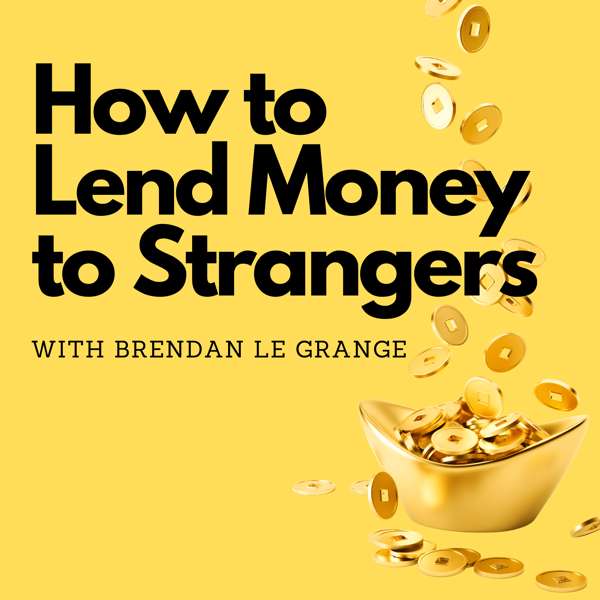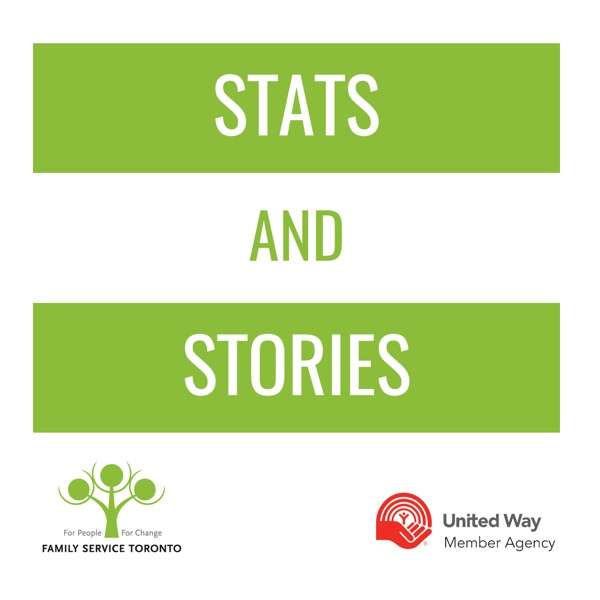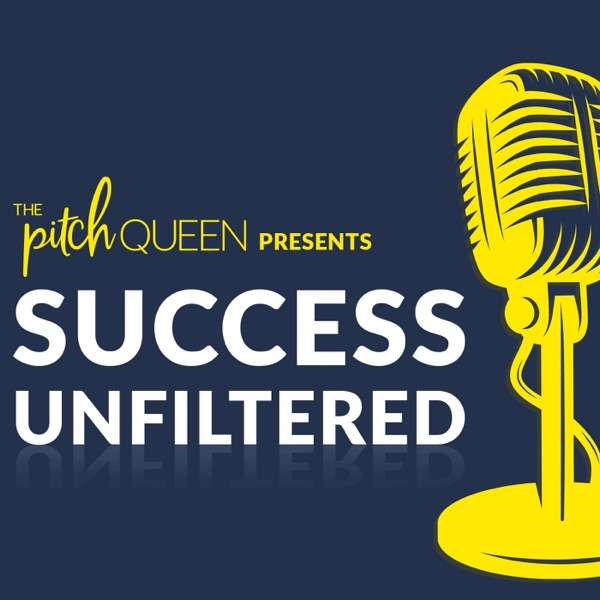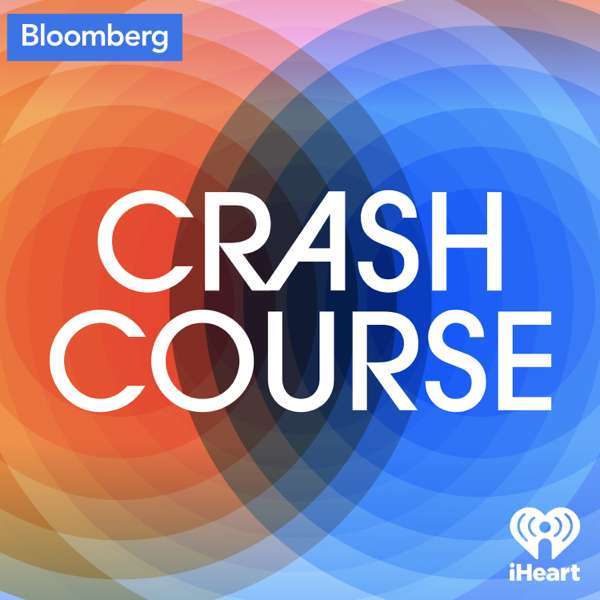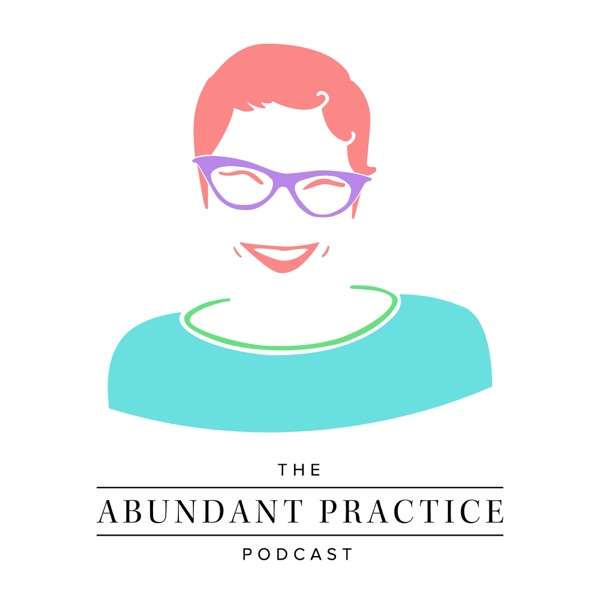In this episode of The Seller’s Edge, host Jonathan welcomes Daniel Hannig, a content marketing expert at SellerLogic, one of the foremost SaaS companies helping Amazon sellers automate and optimize their businesses. Daniel shares powerful insights about how successful Amazon sellers think beyond simple product tools by embracing a holistic approach—factoring in niche expertise, geopolitical influences, and smart product sourcing strategies.
You’ll hear the fascinating story of a 21-year-old Amazon seller who made a fortune selling glass aquariums, proving the power of niche mastery and deep product knowledge. Daniel also reveals how overlooked areas like FBA reimbursements and pricing automation can make a tremendous difference in your bottom line. Learn how “small” seemingly insignificant errors and lost inventory claims, when tracked and recovered properly, can add up to thousands or even hundreds of thousands of euros.
Daniel highlights the importance of automation to handle tedious tasks such as pricing optimization and reimbursement claims, especially as sellers scale beyond dozens of SKUs. He explains why partnering with service providers who prioritize your profitability matters in Amazon’s buyer-first ecosystem.
If you’re an Amazon brand owner looking to reclaim lost revenue, streamline your business operations, and expand internationally with confidence, this episode delivers actionable tips and deep industry expertise to help you sell smarter and grow faster in 2025.
💡Key Topics Covered:
- Global and political factors shaping product demand
- Niche mastery and strategic product sourcing
- SellerLogic’s automation for pricing and reimbursement claims
- FBA reimbursement processes and common seller mistakes
- Tools to maximize time efficiency and business growth
- Challenges of international market entry and VAT compliance
---
🕒 TIMESTAMPS:
[00:00] Introducing SellerLogic with Daniel Hannig
[01:17] Cultural Approaches to Product Discovery
[02:41] How To Position Your Brand In A Niche
[04:03] Selling Breakable, High-Risk Items
[04:48] Advice For Expanding Into International Markets
[07:32] Pricing Optimization
[08:25] Reimbursement Claims
[09:53] All the Money Adds Up
[11:11] Walking Through A Reimbursement Scenario
[12:22] Inbound Shipment Claims
[13:54] Lost Items & Missing Returns
[14:29] The Complexity of Amazon FBA
[17:07] Recap and Closing Remarks
---
Why Watch This Episode?
✔ Learn how to multiply small FBA reimbursements into significant revenue
✔ Discover the power of automation in pricing and inventory management
✔ Understand how geopolitical trends affect sourcing and sales
✔ Gain insights into scaling beyond manual processes with 60+ SKUs
✔ Real-world examples of profitable, niche-focused Amazon selling
---
👤 ABOUT DANIEL HANNIG & SELLERLOGIC:
Daniel Hannig is a seasoned marketing professional and Content Marketing Specialist at SellerLogic, a SaaS company specializing in automation tools that empower Amazon sellers to optimize their businesses. With a Master of Laws (LL.M.) in International Law and extensive experience in marketing, legal consultancy, and e-commerce, Daniel combines deep industry knowledge with practical insights into pricing strategies, reimbursement recovery, and automation.
SellerLogic is a Düsseldorf-based e-commerce technology company that provides advanced software solutions designed to help Amazon sellers reclaim lost FBA reimbursements, implement dynamic pricing strategies, and save time on manual tasks. Their flagship tools, including the SellerLogic Repricer and Lost & Found reimbursement system, enable sellers to maximize profitability and streamline operations in a buyer-centric marketplace.
Visit SellerLogic website: https://www.sellerlogic.com/en/

 Our TOPPODCAST Picks
Our TOPPODCAST Picks  Stay Connected
Stay Connected


